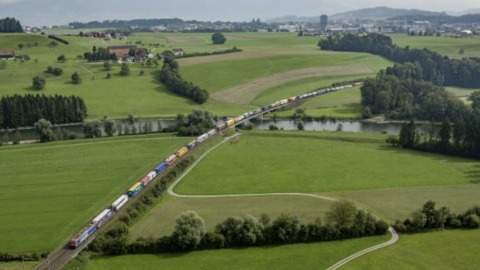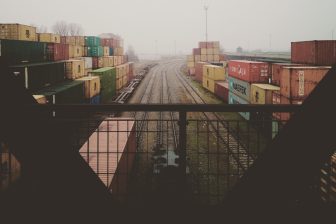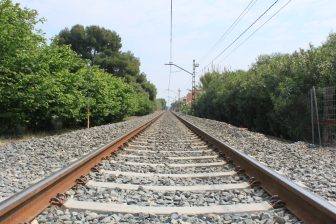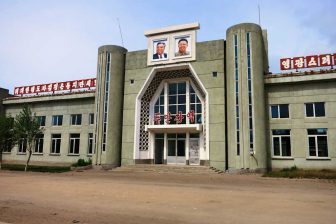
Move all shipments to rail, or rather not?
Shipments through Europe are best loaded onto trains, as these continue to run as usual during the ongoing coronavirus pandemic. On the contrary, truckers are facing long border queues with the implementation of additional border procedures. This has been the recommendation of logistics experts. However, the trucking industry does not like to see a shift to rail and tries to maintain its market share.
Ten EU Member States have officially reported to the European Commission that they have introduced border controls in the fight against the coronavirus. These are Germany, Austria, Denmark, Poland, Spain, Portugal, Hungary, the Czech Republic, Estonia and Lithuania. Switzerland and Norway, which are not members of the EU but are part of the ‘border-free’ Schengen area, have also introduced controls.
Although the movement of essential goods such as food and medicine should be prioritised at the border, and trucks drivers are not subjected to the travel ban, the road freight industry is heavily affected by the restrictions. On Wednesday morning, there was a traffic jam consisting of trucks stretching almost 60 kilometers at Görlitz on the German-Polish border. Truckers reported a waiting time of eighteen hours at the crucial border point.
Turn to rail
Hence, shippers have been advised to turn to rail or shortsea by several industry experts. Dutch lobby organisation Evofenedex urged shippers and road hauliers who see their logistics chain disrupted by tightened border controls in various countries to continue via rail freight and shortsea.
According to policy advisor Rogier Spoel, rail freight transport offers a good alternative for, among other things, road transport in Southern or Eastern Europe. The drivers simply deliver the containers to the rail terminal and then go to the next destination. The freight is collected by a regional company, which is not affected by the border controls. Companies are often surprised at the efficiently of this supply chain, he comments.
Unfair competition
As good as this news may seem to the rail freight market, the potential market share does not simply move onto these operating trains. Road hauliers would like to maintain their market share, and therefore have lowered their prices significantly, knows Akos Érsek, Chief Policy Advisor of UIRR, the European lobby organisation for combined transport. “This in turn creates an unfair playing field and could hurt the rail freight industry.”
As the latter has been fighting long and hard to gain market share for what it considers ‘a more sustainable transport mode’, it is considering this development as worrisome. The UIRR, which pleads for combined transport where long distances are covered by rail as much as possible, therefore suggests a temporary deferral of track access charges. It is currently preparing such proposal to be sent to the European Commission.
Urgent shipments
The competitive advantage of each modality taken aside, the urgency of the shipment is what is currently given priority by shippers and policymakers alike. The road sector had pled for the so-called green lanes, ensuring a smooth transit across borders for urgent shipment. But in reality, these green lanes do not work out, as there are no actual lanes at the border, and the congestion is everywhere, says Érsek.
In this case, a well-running rail freight sector is crucial, points out Hans-Willem Vroon from Dutch interest group RailGood. “If shortsea and rail continue to flow, we will be able to get all critical goods in place.
All help needed
“You can see that the sector is proactive and parties are helping each other. The cabs of trains are disinfected. We do everything we can to keep things flowing. As long as we continue to do business and take up the capacity that is released, the sector will survive this situation”, he emphasises.
Vroon does remark that also freight trains are parked more than usual, and he has therefore asked the Dutch Ministry of Infrastructure and Water Management to cancel the payment of parking costs for the time being. “Transporters are now cutting en masse on variable costs and it would be a nice measure if the parking costs are dropped.”
Do you want to read the full article?
Thank you for visiting RailFreight.com. Become a member of RailFreight Premium and get full access to all our premium content.
Are you already a member?
Having problems logging in? Call +31(0)10 280 1000 or send an email to customerdesk@promedia.nl.





